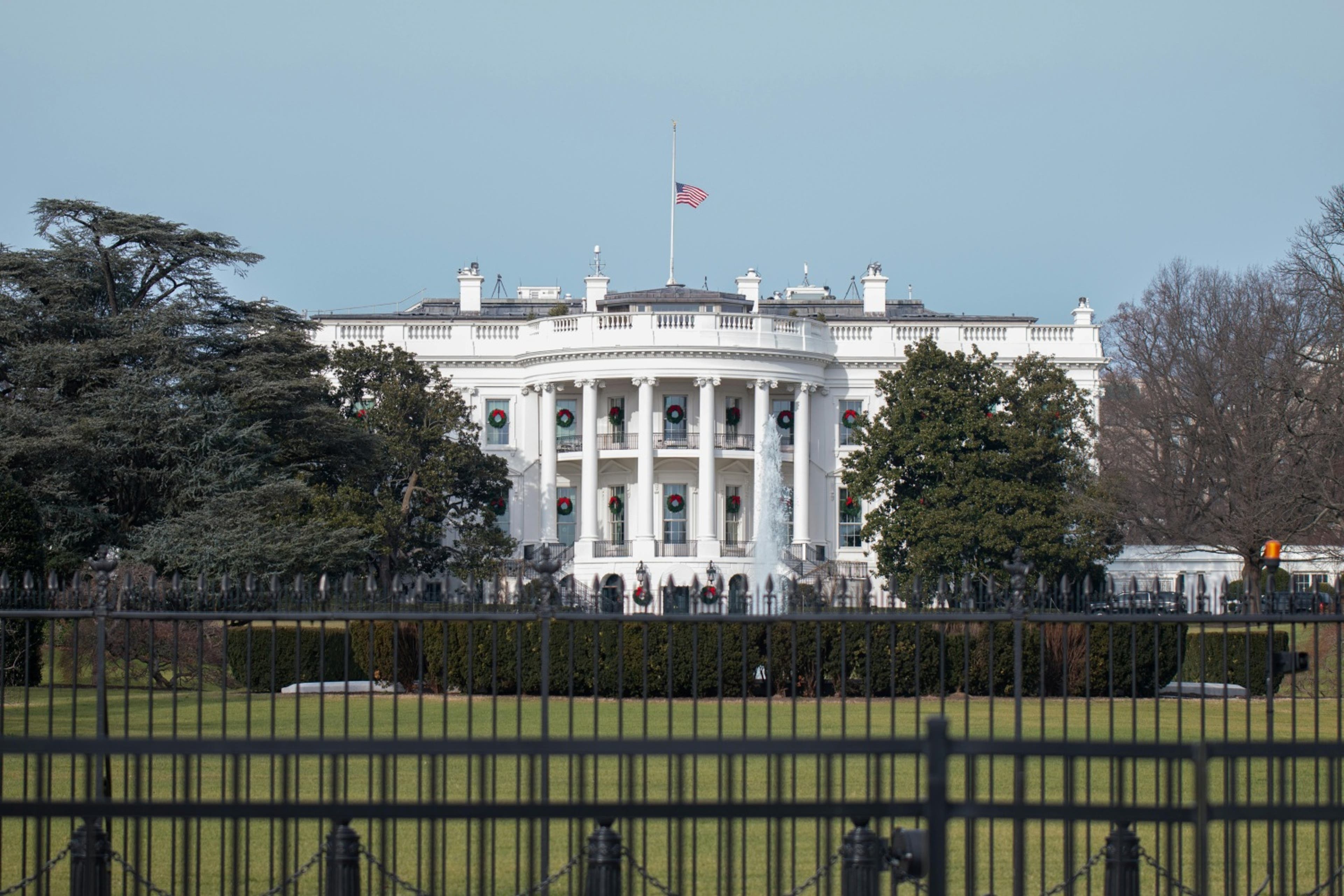The Trump administration is wasting little time promoting and building out the U.S. digital policy vision for the next four years.
President Donald Trump issued three new executive actions 23 Jan. aimed at establishing a new U.S. path on artificial intelligence and digital financial assets while reshaping the President's Council of Advisors on Science and Technology. The new orders fall in line with a flood of recent actions in the first week of Trump's second term, and mostly aim to reverse the U.S. positions under former President Joe Biden's administration.
IAPP Managing Director, Washington, D.C., Cobun Zweifel-Keegan, CIPP/US, CIPM, examined some of the most notable Trump actions to this point, connecting the dots on how they might broadly impact the digital responsibility community.
Executive Order on Removing Barriers to American Leadership in Artificial Intelligence
After Trump revoked the Biden administration's executive order on safe and secure AI hours into his second presidency, it was unclear if there was any replacement policy that would materialize immediately around Trump's campaign promises regarding AI innovation. The answer came days later as Trump put out his own AI order revealing a policy position to "sustain and enhance America's global AI dominance in order to promote human flourishing, economic competitiveness, and national security."
The order establishes a 180-day sprint for White House staff to design a plan to effectuate the new policy position, and in that same time ensure federal agencies take steps to undo governance and safety measures taken to comply with Biden's prior order. Agencies are not explicitly ordered to end all Biden-era requirements, but their leaders now have authority to decide whether individual actions within the Biden order should be altered or eliminated.
The order also resets rules around the federal government's use of AI systems. The Office of Management and Budget has 60 days to rewrite the rules to align with the new Trump policy.
Executive Order Strengthening American Leadership in Digital Financial Technology
The Trump administration's campaign promises to lean into cryptocurrency are becoming reality with the latest order establishing policy to "support the responsible growth and use of digital assets, blockchain technology, and related technologies across all sectors of the economy."
The order breaks down the definition of blockchain technology as the use of data to create a "public ledger of verified transactions" within the peer-to-peer network while also calling attention to how that data uses "cryptography to maintain the integrity of the public ledger and to execute other functions."
The President‘s Working Group on Digital Asset Markets was also established and charged with drafting a report on regulatory and legislative proposals around digital currency with considerations for "market structure, oversight, consumer protection, and risk management."
Trump's action comes as uncertainty continues to swirl around the viability of the Consumer Financial Protection Bureau, the regulatory body that would ideally handle consumer protection matters around digital assets. Rohit Chopra, director of the CFPB, indicated to CNBC he is "ready to pass the baton" when Trump appoints a new CFPB leader, however, the agency has "busy docket" that he does not plan to leave unattended until an appointment is made.
Among the current endeavors for the CFPB is a public consultation on how to strengthen privacy protections and prevent digital surveillance for when consumers engage in digital payments.
Establishing the President's Council of Advisors on Science and Technology
Trump's new policy council will carry no more than 24 members and be tasked with advising on the the best means to "harness the full power of American innovation by empowering entrepreneurs, unleashing private-sector creativity, and reinvigorating our research institutions." Trump himself will appoint the non-government council members that "have diverse perspectives and expertise in science, technology, education, and innovation."
Action establishing the council provides few specifics on what the council could advise on. It may have a hand in revising the structure of digital oversight bodies the Trump administration is moving to clear out. The Privacy and Civil Liberties Oversight Board and the Department of Homeland Security's Cyber Safety Review Board are reported targets of Trump rollbacks.
Joe Duball is the news editor for the IAPP.

